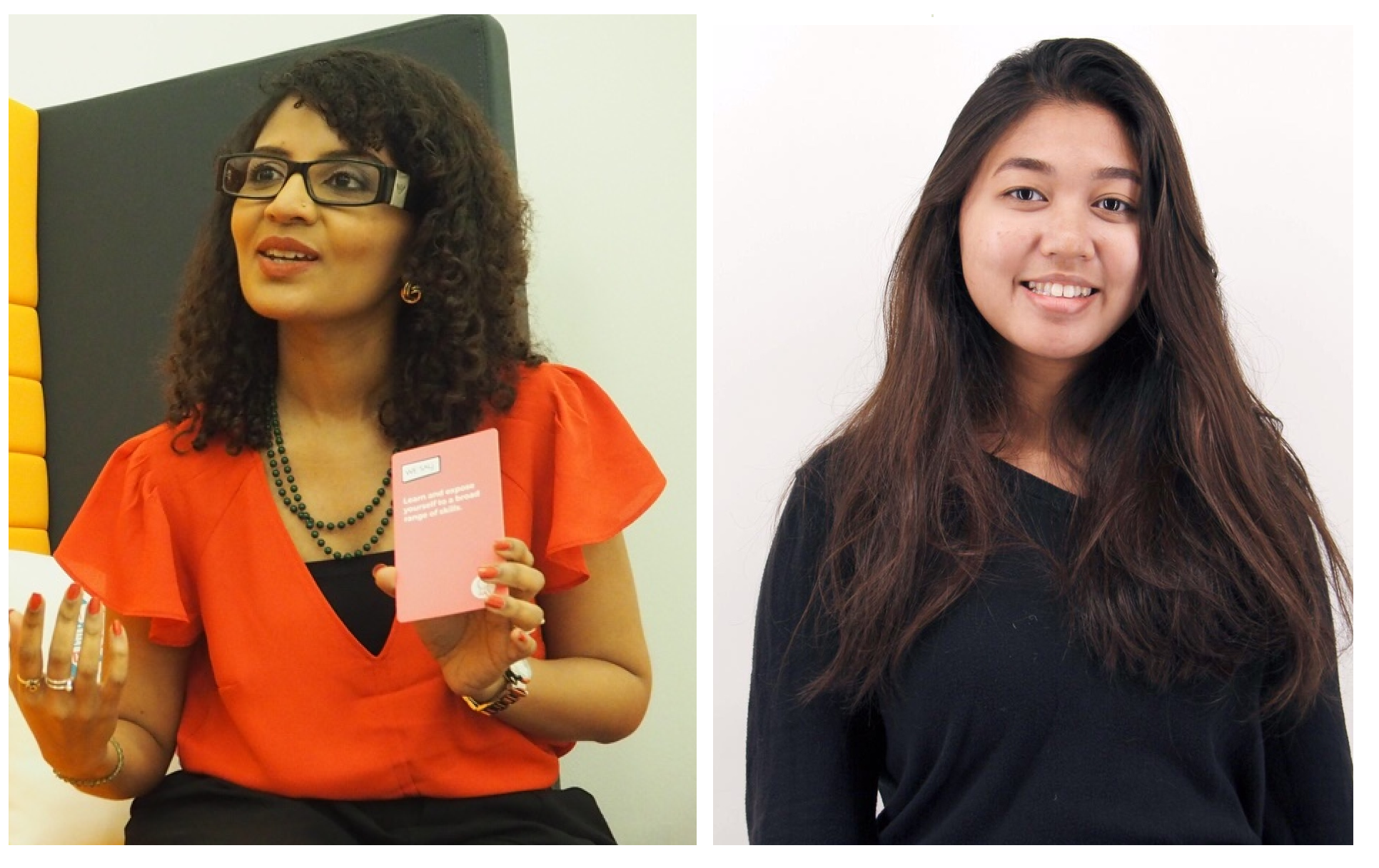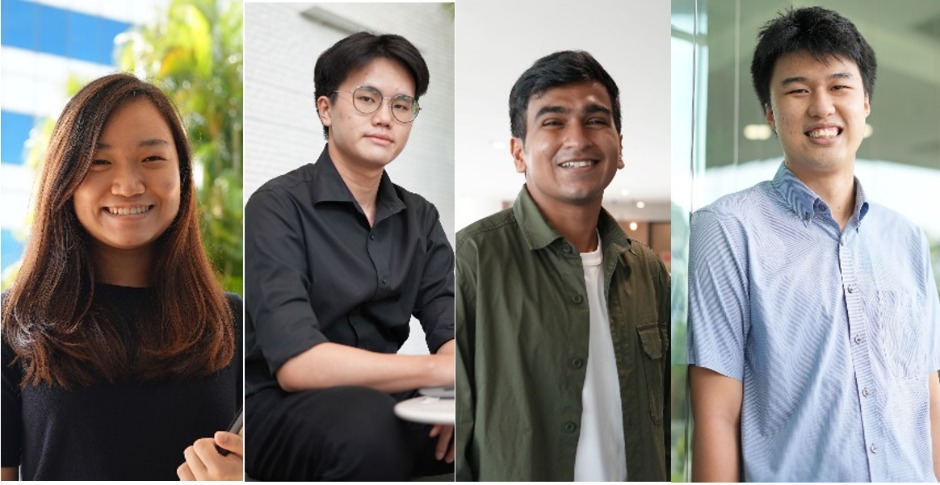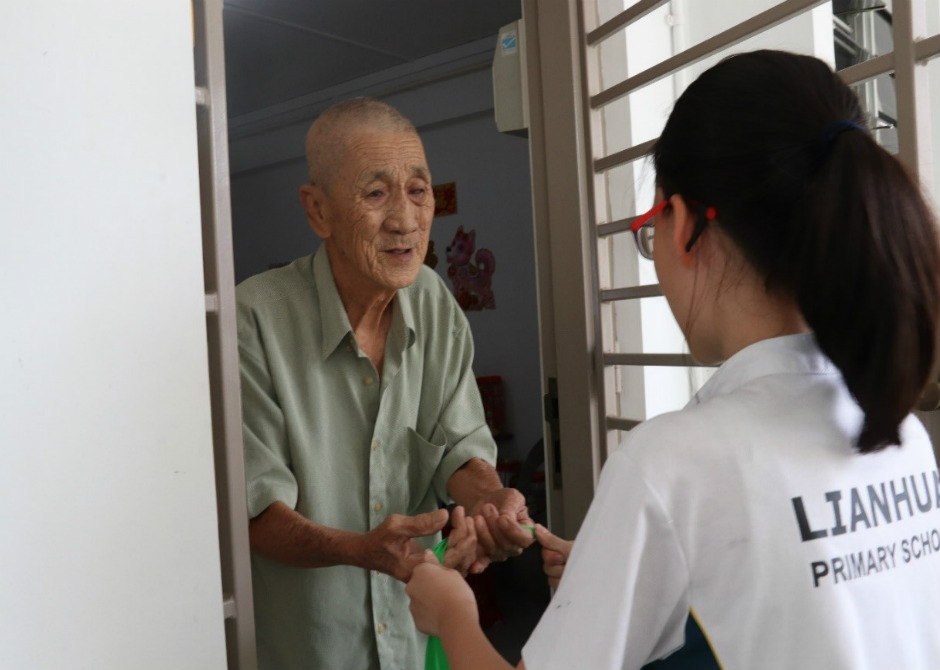Don’t just survive – thrive. As global competition heats up, those who succeed will be the ones who can drive innovation, embrace diversity and adapt quickly. But that does not necessarily come with a degree, says Mr Andrew Chong, the regional president and managing director of Infineon Technologies Asia Pacific.
-
-
How important are paper qualifications?
The current paradigm, “get a degree, set for life”, needs to change.
There are many things that cannot be taught and assessed on paper. Today, almost everyone has a piece of paper. We look to the future yet our society still teaches about the past. What we need is to prepare people for the future – an uncertain future.
-
Who are your hot hires?
I value people who think innovatively. Technological innovation alone is no longer a differentiator; we further innovate business models and the way we manage people.
We also strike a balance between being a regional office within a global company and staying locally relevant. Our fast-moving industry needs people who are comfortable with diversity and uncertainty.
Identifying these people is a challenge. Schools filter people who are good in Mathematics or Science, but they don’t filter [for] the ability to thrive on diversity and to see opportunities in problems.
-
Are there specific traits you look out for at an interview?
The desire to be innovative and the ability to manage risk are important to me. You cannot avoid risk in life and business, so you need to be able to assess risk and innovate solutions to manage it.
Teamwork is undoubtedly important. So is analytical ability. While that can be assessed on paper, it is also interesting to evaluate it in real life.
-
How would you evaluate analytical ability?
During an interview, I could ask a candidate to discuss the effect of a launch of a new submarine from India on the Renminbi. There isn’t a right answer, and I don’t look for right answers anyway. What I want to see is the candidate’s ability to connect issues and talk about the links between geopolitics, technology and the economy.
-
As head of a regional office, do you think young Singaporeans are ready for global competition?
Singapore, being a small country, has many advantages but it suffers from limited diversity in its natural environment. Youths from large and “hungry” countries like China and India go through a rigorous filtering system because they have to fight with so many of their peers.
For Singaporeans, we must seize our mobility as an advantage. We live in a small country but it is easier for us to have international experience – because we have the capacity to venture out and we allow diversity to be part of our environment. This will give us a formidable competitive edge over the workforce from other countries.
-
Why is international experience so valuable?
It takes you out of your comfort zone. This way, you start noticing your surroundings and to think about why things are the way they are. You are motivated to try to make things better.
International experience also makes you more tolerant and street-smart. That is important for any industry.
-
How can we get more of that international experience?
-
School trips can bring you into an environment where airports do not work and hotels are different and that already encourages children to start looking at the environment around them.
Internships can also expose you to a different environment. Whether you intern overseas or locally, you have to work with people who have different levels of education, experience and backgrounds. At Infineon, we bring overseas interns to Singapore and also send Singaporean interns abroad. What we want is to give them the opportunity to learn about a different environment and also create networks for their futures.
For those who have the opportunity to travel overseas on holidays, throw away the tourist mentality. It’s more useful to interact and immerse yourself in the local norms and culture.






